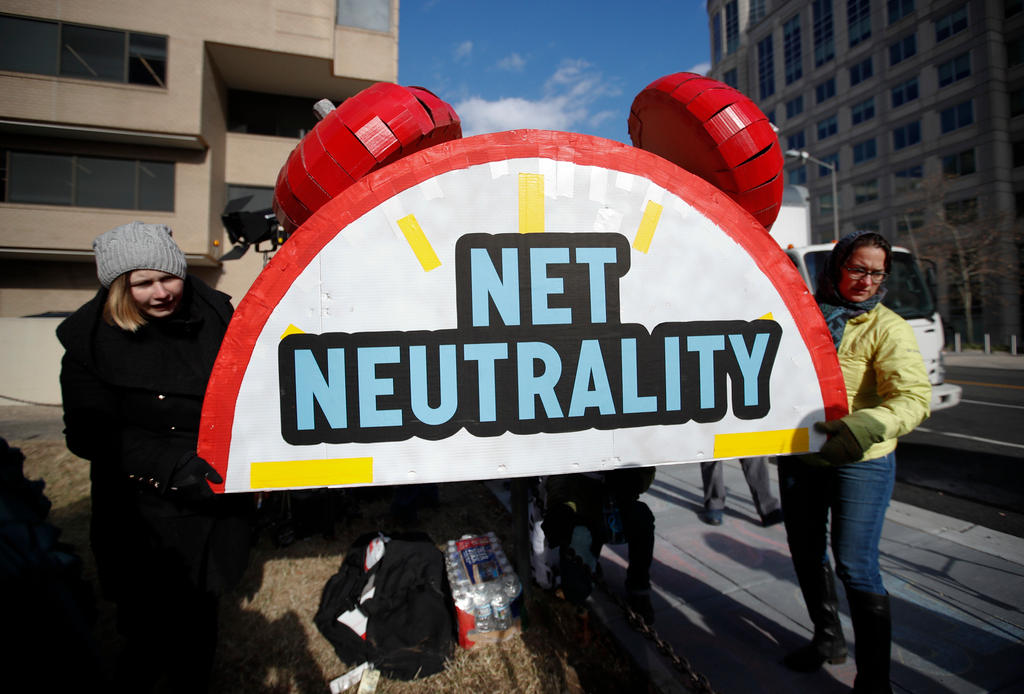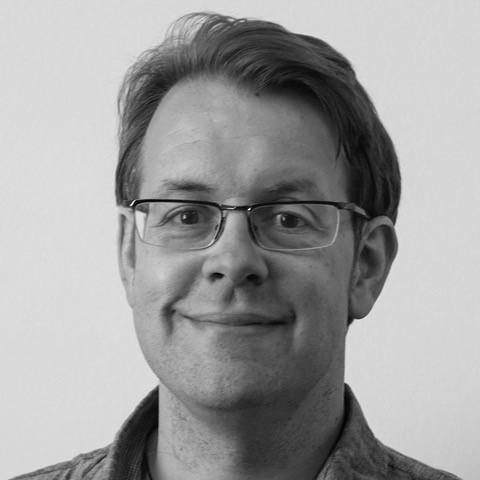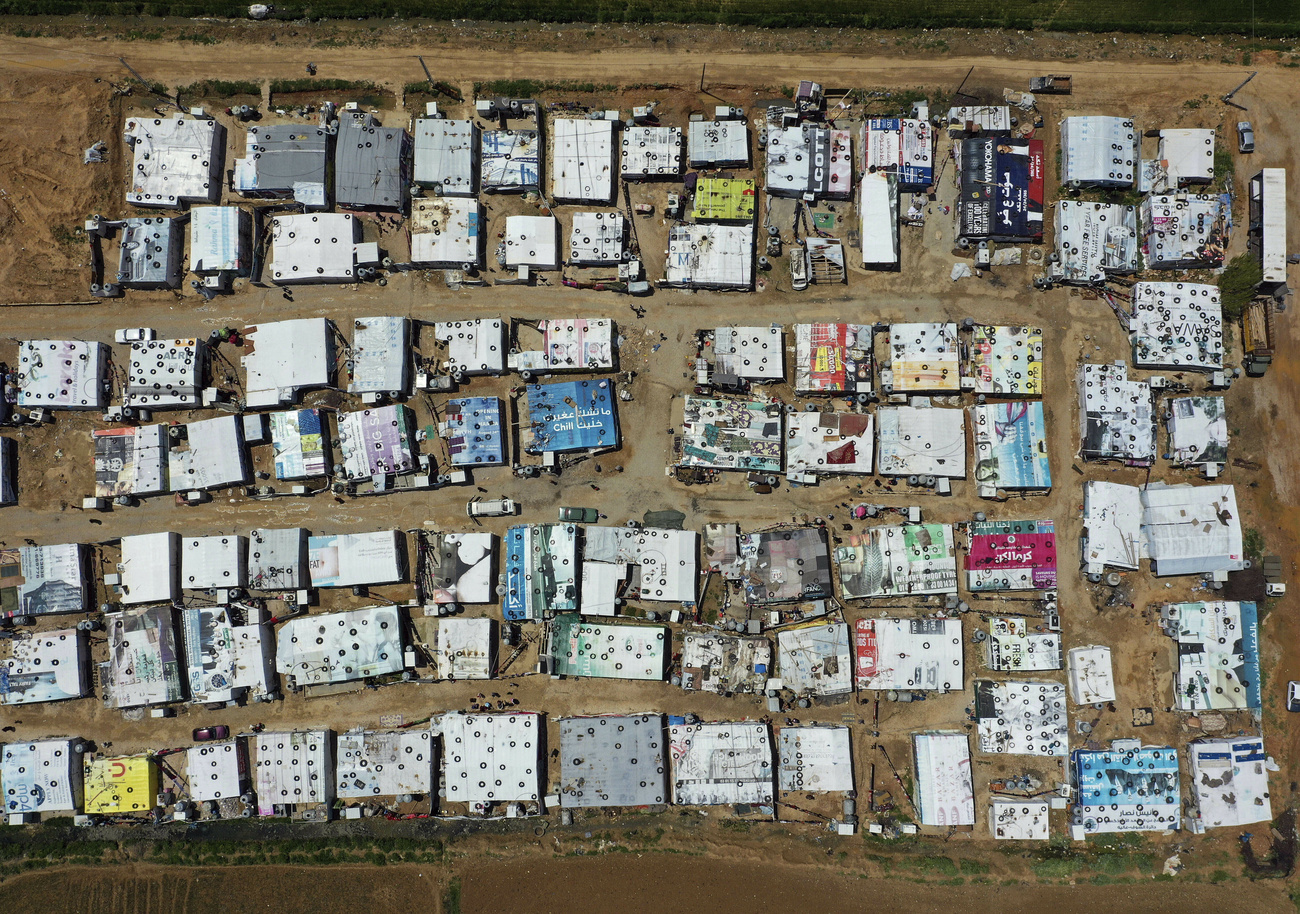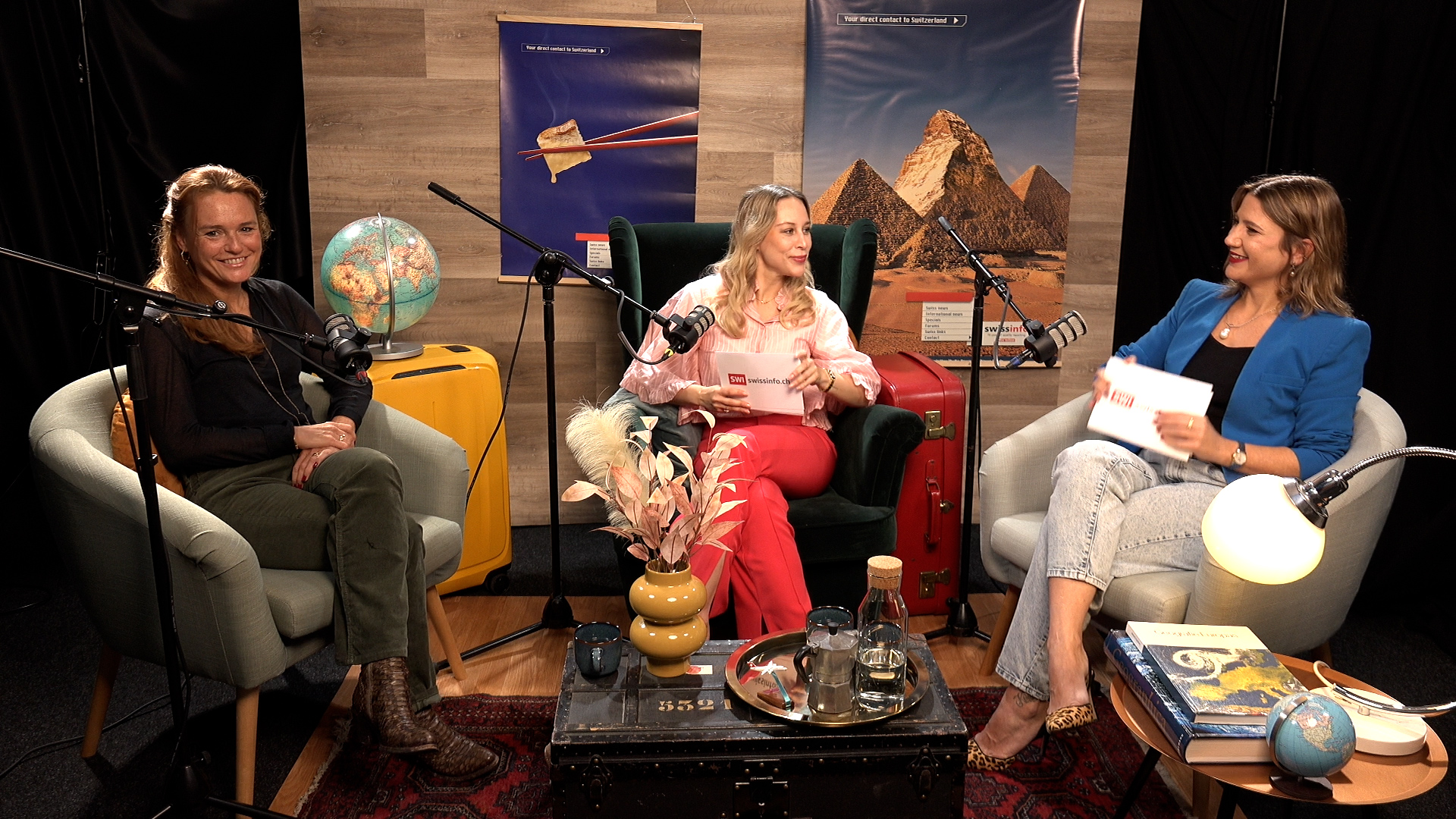
Net neutrality ruling ‘deepens the split’ between US and Europe

What’s the fallout for Switzerland and Europe from the US decision to overturn net neutrality regulations? It could stifle online innovation, says an American researcher working in Zurich on internet access issues. But paradoxically, many laws aimed at mandating a neutral internet may have the same effect.
The decision “creates a world in which ‘you must be at least this tall to play’,” says Brian Trammell of the United States Federal Communications Commission’s vote last week to overturn regulations that kept internet service providers from charging content providers money for better access to their networks.
Net neutrality: the principle that internet service providers should enable access to all content and applications regardless of the source, and without favouring or blocking particular products or websites.
Since the US internet is no longer required to be “neutral” – or a level playing field for all seeking to use and access it – Trammell foresees that large companies like Google and Facebook could have their arms twisted into paying internet providers to show people their content faster, with smaller Web projects and innovations left in the dust.
Trammell specifically works on so-called “transport protocol evolution” on the internet, which refers to how internet traffic gets from point A to point B and who can see it. He and his research team, coordinated from Zurich but spread out across Europe, are working on a new type of transport protocol called “QUIC” that would better encrypt internet traffic on its way from source to destination, giving users greater browsing speed and online privacy.

Trammell’s project is one example of an innovation that may not have happened without a neutral internet and that could run up against challenges posed by the end of net neutrality.
That’s because US internet service providers – such as Comcast or Verizon – are now free to set up special online monitoring tools to be able to know who’s using what services and charge money for access to them. Those tools, explains Trammell, could end up interfering with or blocking certain applications such as “QUIC”, which is expected to drive a significant amount of internet traffic within the next three or four years.
Are more laws the answer?
For Trammell, the net neutrality decision is just the latest example of a deepening “transatlantic split” between the US and European internet markets and practices.
“The idea that your internet service provider can hold you hostage because they want more money is not one that has a lot of sympathy in Europe, among any political circles,” he says.
And then there’s the simple fact that the Swiss market and others in Europe have much more competition among internet service providers, rather than the pseudo-monopolies that many US providers enjoy in large swaths of the country. This makes it more difficult for a single provider to start charging for access to certain types of content without customers running to the competition.
But several years ago, in 2013, a law related to net neutrality did gain traction in Swiss political circles – albeit for the opposite reason as in the US. As Switzerland was developing a new version of its telecommunications law, parliamentarian Balthasar Glättli of the leftwing Green Party introduced a motion seeking to forbid any actions by internet service providers which violate the idea of a neutral internet.
At the time, Trammell was part of a panel discussion on the proposal, which ultimately did not make it into the telecom law. He thinks that’s a good thing.
“A lot of the techniques that an internet service provider would use to willfully violate net neutrality are indistinguishable from techniques you would use to actually manage the network [and improve it for customers],” he explains.
“The dividing line comes down to the business intent which is very hard to monitor.”
“The idea that your internet service provider can hold you hostage because they want more money is not one that has a lot of sympathy in Europe, among any political circles.”
Simple guidelines, expert eyes
Switzerland’s parliament is about to negotiate another version of its telecommunications law, up for debate in parliament in 2018. It will likely include a section on net neutrality, but Matthias Hürlimann, head of the telecom law unit at the Swiss Federal Office of Communications, says “opinions vary widely” regarding how it should be written.
Some lawmakers, he says, believe that the legislation should contain clear rules banning violations of net neutrality by internet service providers, along the lines of what Glättli was advocating for. But others feel that discrimination of online sources should be allowed, as long as it’s fully transparent to customers.
In 2013, Carsten Schloter, then-head of Switzerland’s largest telecom provider Swisscom, came down on the side of the latter argument. During the same panel discussion that Trammell was a part of, he stated his support for letting internet providers do what they want regarding net neutrality but requiring them to be very open about it.
Trammell largely agreed with that approach at the time but has now come to believe that describing to the average customer what’s happening behind the scenes with their internet connection in a way that allows them to make informed decisions “may be impossibly hard”.
Instead, Trammell argues for a less heavy-handed approach to regulation, with simple rules and a group of experts tasked with analysing whether internet service providers are playing fair. He cites the European Union’s BEREC net neutrality guidelinesExternal link, introduced in August 2016, as a good example. Non-EU member Switzerland has taken part in discussions about those guidelines, but is not bound by them.
BEREC, Trammell says, is not unlike the guidelines the United States had on the books – until last Friday’s FCC ruling.
“Now, that’s been overturned, as well as a fair amount of rule-making going back to the administration of George W. Bush.”
Internet governance forum
From December 18-21, nearly 3,000 people are gathered in Geneva for the Internet Governance ForumExternal link, an annual meeting over how countries should make rules governing the use of online space. Geneva is hosting the event for the first time.
In her opening remarks at the Forum, Swiss President Doris Leuthard urged delegates to work towards a “fairer and more stable digital future” and called for an atmosphere of “freedom, dialogue and consensus” at the talks.

In compliance with the JTI standards
More: SWI swissinfo.ch certified by the Journalism Trust Initiative
































You can find an overview of ongoing debates with our journalists here . Please join us!
If you want to start a conversation about a topic raised in this article or want to report factual errors, email us at english@swissinfo.ch.